Venezuela’s Maduro rejects Europe’s call for new election
Venezuela’s President Nicolas Maduro has rejected an ultimatum made by a number of European countries that calls for a new election in the Latin American state within eight days, amid a profound political crisis there.
In an interview with CNN Turk aired on Sunday, the Venezuelan president rejected the European ultimatum to either hold a new election within eight days or see the Europeans recognize opposition figure Juan Guaido as the legitimate leader of Venezuela.
Thirty five-year-old Guaido, an unknown figure until recently, has already proclaimed himself “interim president” of Venezuela. The United States quickly recognized him as the leader of the country.
Britain, Germany, France, and Spain announced that they would recognize Guaido if Maduro failed to call a new election within eight days.
Venezuelan Foreign Minister Jorge Arreaza has lambasted that ultimatum as “childlike.”
“Europe is giving us eight days? Where do you get that you have the power to establish a deadline or an ultimatum to a sovereign people,” Arreaza said at a United Nations Security Council session on Saturday.
Other countries, including Russia, Turkey, China, and Iran, have expressed support for the elected government in Venezuela and condemned outside interference in the country.
US Secretary of State Mike Pompeo on Saturday urged the world to support Guaido and reject “Maduro and his mayhem.”
The US, Canada, most Latin American, and many European countries have labeled Maduro’s second-term election win — gained last May — as fraudulent, a claim strongly rejected by Caracas.
Maduro, 56, was sworn in for his second term on January 10, after a vote marred by an opposition boycott and claims of vote-rigging, leading to large anti-Maduro protests.
Venezuela’s incumbent president retains the loyalty of the armed forces, though the country’s top military envoy to Washington, Col Jose Luis Silva, on Saturday defected to Guaido, calling on other military officers to follow suit.
Maduro on Friday lambasted Trump for seeking to orchestrate a “coup” against his government by supporting the self-declared leader.
Russia, too, has accused Washington of engineering a coup in Venezuela.
Washington has a long record of sponsoring “regime change” campaigns in Venezuela and other countries. In 2002, the late Venezuelan president Hugo Chavez was ousted for two days in a US-backed coup that was ultimately defeated.
Shortly after Trump’s recognition of Guaido as Venezuela’s “acting president” on Wednesday, Maduro said he was severing diplomatic and political ties with Washington, ordering the closure of Venezuela’s embassy and consulates in the US. He also gave officials in the US diplomatic mission in Caracas 72 hours to leave the country.
Despite the cutting of the ties and the US meddling in his country’s domestic affairs, Maduro did not rule out the possibility of meeting with Trump in the CNN Turk interview. He said such a meeting would be improbable but not impossible.
During the past few weeks, pro- and anti-government rallies have been held in the Venezuelan capital.
At least 20 people have been reportedly killed in the country’s recent clashes, prompting UN High Commissioner for Human Rights Michelle Bachelet to call on Friday for an independent investigation into the deaths.
D-8’s role in Iran’s economy after Cairo summit
China slams US as ‘war-addicted’ threat to global security
China ‘firmly opposes’ US military aid to Taiwan
VIDEO | Press TV's News Headlines
President Yoon Suk Yeol to be removed from office
At least 19 Gazans killed by Israeli airstrikes since dawn: Medics
Leader: Iran neither has nor needs proxy forces
US fighter aircraft shot down ‘in friendly fire’ amid aggression on Yemen



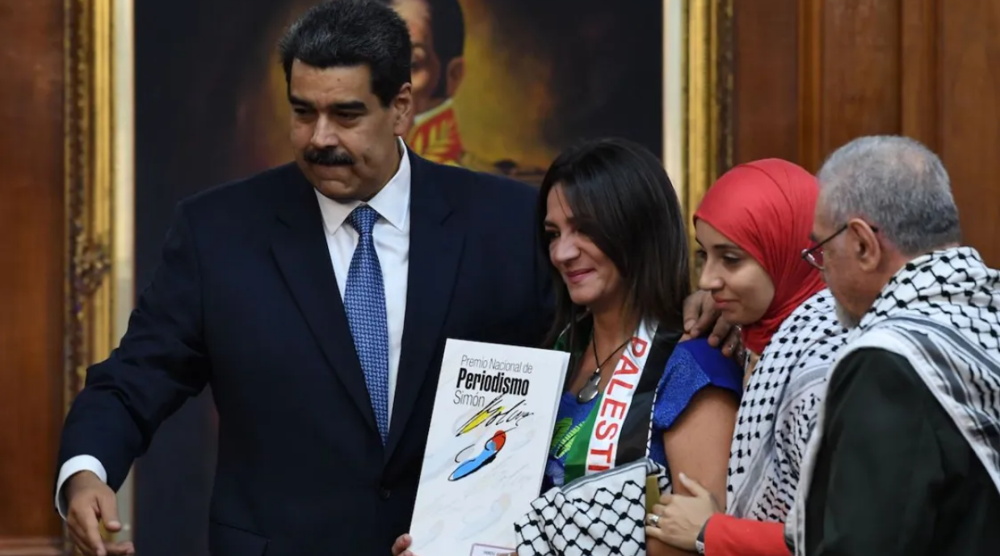
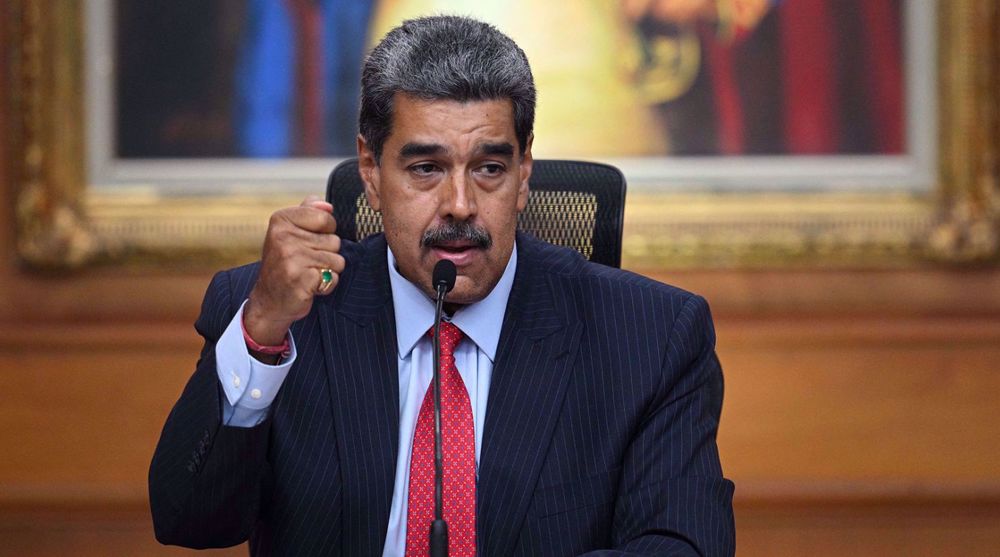
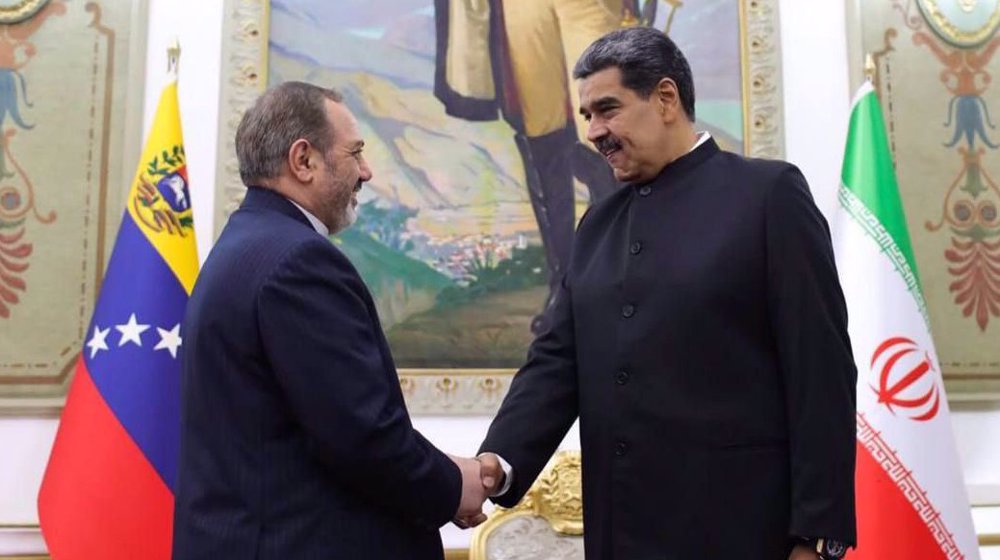



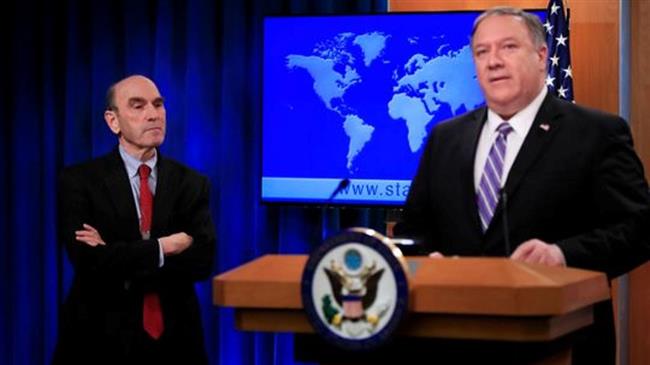

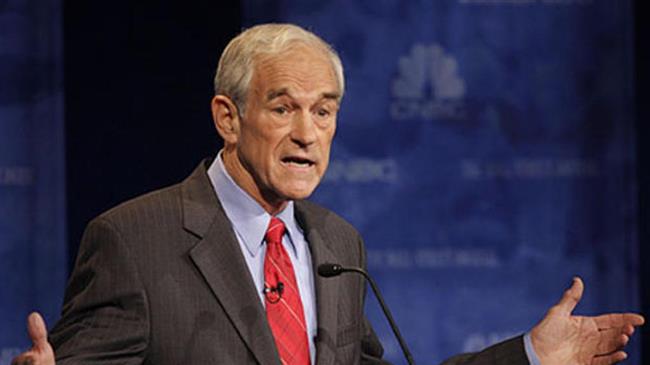
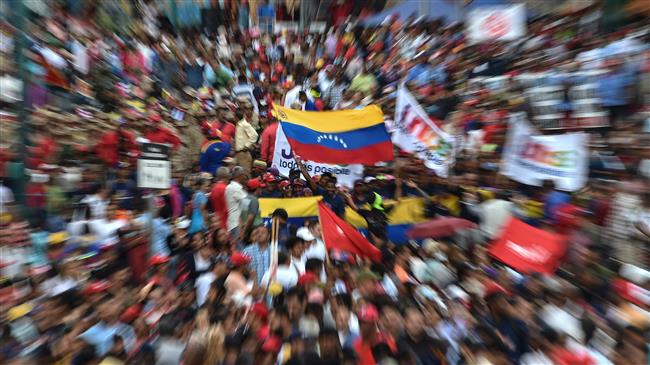

 This makes it easy to access the Press TV website
This makes it easy to access the Press TV website